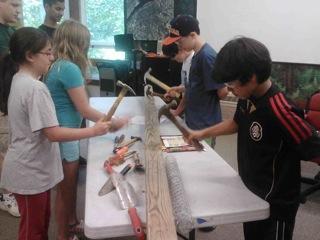2012 San Antonio de Areco, Buenos Aires, Argentina
Students from N2 Ricardo Pannunzio Secondary School, with special orientation in arts, presented an awareness contest about the local trees.
In order to promote the need to become aware of environmental care, they suggested cultural activities and calendars to spread the word. They prepared a photograph competition with the theme “Local Trees”.
 The contest was open to all students of San Antonio de Areco watershed schools. Each student could present up to three photos. More than 120 photos were presented. The 13 winning photographs were chosen by the Jury. These photos were used to create the 2013 calendar that was distributed in the local area (library, schools, museums, etc.)
The contest was open to all students of San Antonio de Areco watershed schools. Each student could present up to three photos. More than 120 photos were presented. The 13 winning photographs were chosen by the Jury. These photos were used to create the 2013 calendar that was distributed in the local area (library, schools, museums, etc.)
These 13 winning photographs will be part of the 2013 exhibition of the Museum Las Lilas (in San Antonio de Areco) and, as it was proposed, they will also be displayed at nearby community exhibitions.
In order to broadcast their contest, this team worked side by side with another group of students that also won the CFW contest by creating a Facebook account.
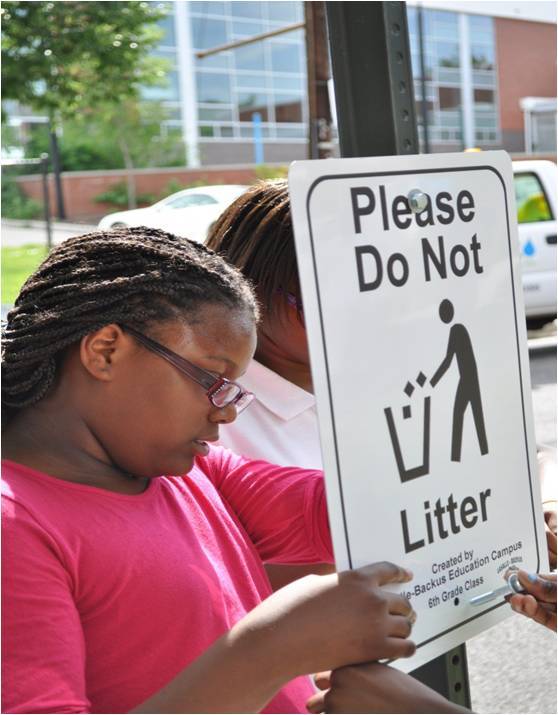
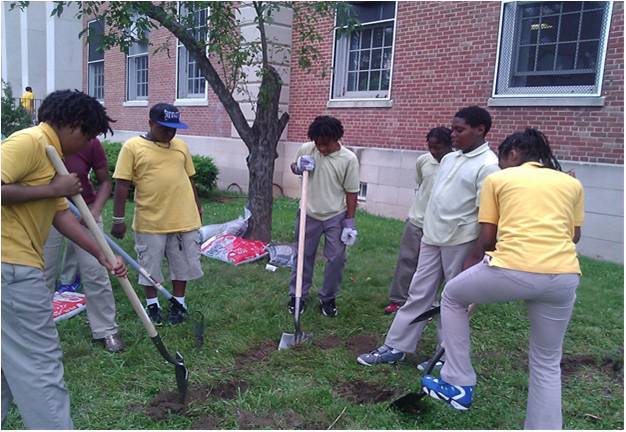
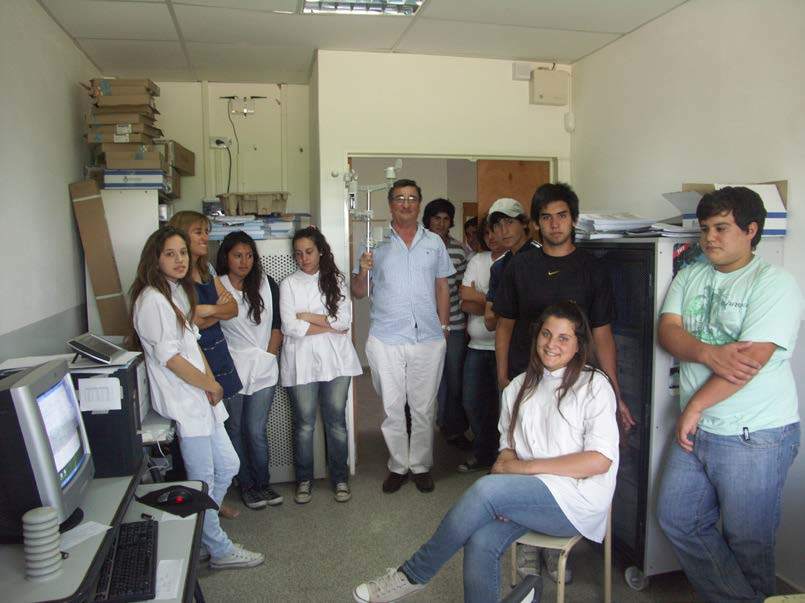

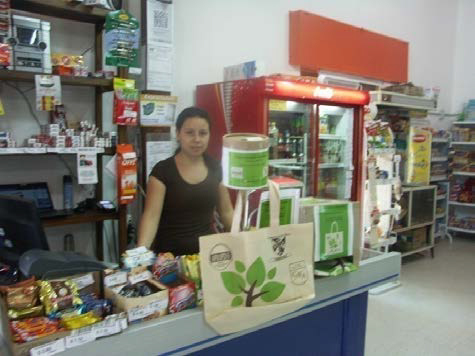

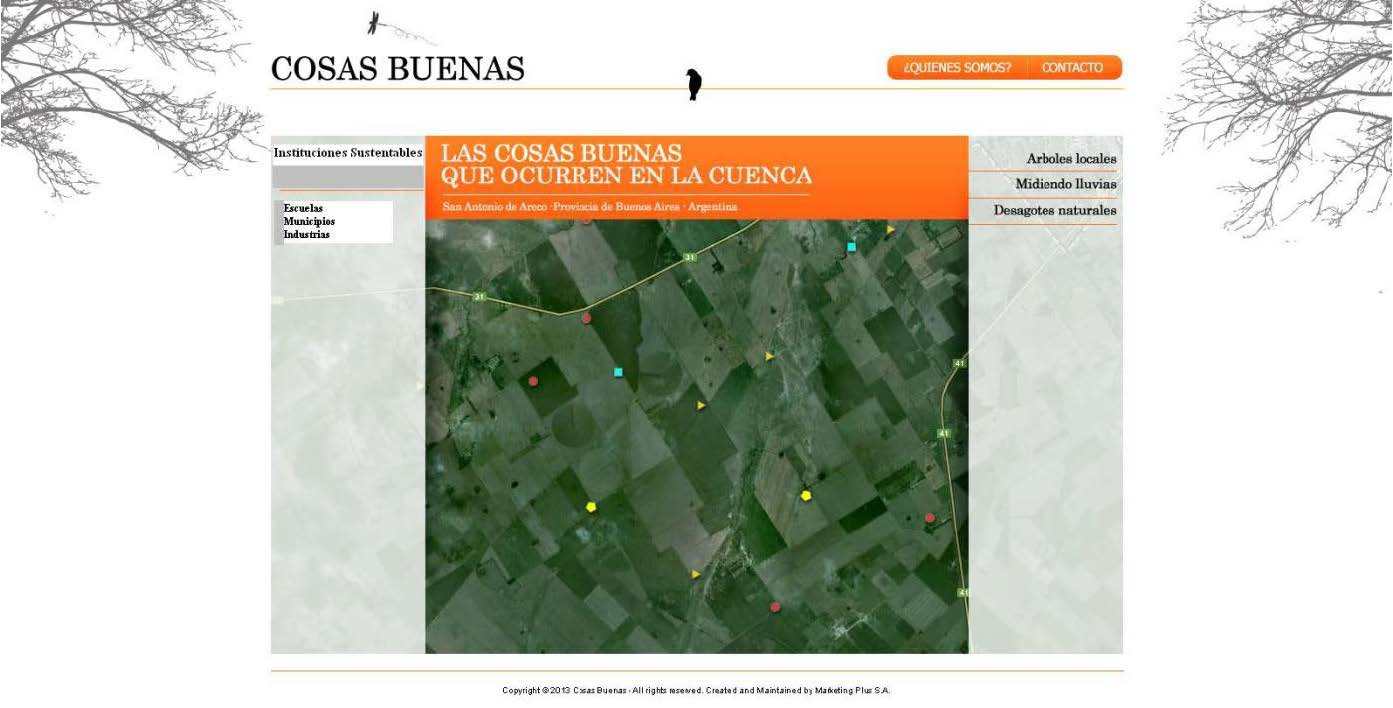 viewable on the web, and illustrates beneficial actions that have been done in the Areco River. The display will be organized and linked to manuals with explanations. The proposal divides the actions into the following segments: agriculture, stockbreeding, industrial, schools/institutions and communities. Specialists of each segment will choose and add information to the database on environmentally friendly actions that benefit the San Antonio watersheds.
viewable on the web, and illustrates beneficial actions that have been done in the Areco River. The display will be organized and linked to manuals with explanations. The proposal divides the actions into the following segments: agriculture, stockbreeding, industrial, schools/institutions and communities. Specialists of each segment will choose and add information to the database on environmentally friendly actions that benefit the San Antonio watersheds. The contest was open to all students of San Antonio de Areco watershed schools. Each student could present up to three photos. More than 120 photos were presented. The 13 winning photographs were chosen by the Jury. These photos were used to create the 2013 calendar that was distributed in the local area (library, schools, museums, etc.)
The contest was open to all students of San Antonio de Areco watershed schools. Each student could present up to three photos. More than 120 photos were presented. The 13 winning photographs were chosen by the Jury. These photos were used to create the 2013 calendar that was distributed in the local area (library, schools, museums, etc.)